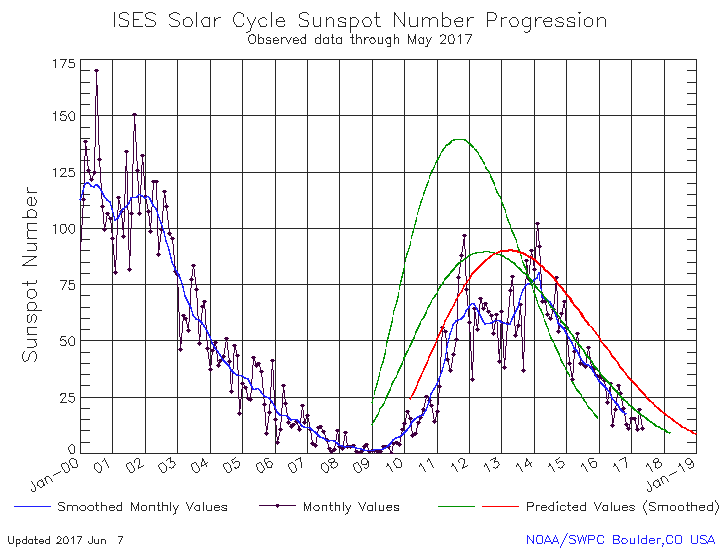What could possible go wrong? A group of mathematicians have written software designed to prevent the gerrymandering of congressional districts, and are offering that software as a weapon for the courts to force states to revise the districts, even though those districts were created by fairly elected state legislatures.
Leaning back in his chair, Jonathan Mattingly swings his legs up onto his desk, presses a key on his laptop and changes the results of the 2012 elections in North Carolina. On the screen, flickering lines and dots outline a map of the state’s 13 congressional districts, each of which chooses one person to send to the US House of Representatives. By tweaking the borders of those election districts, but not changing a single vote, Mattingly’s maps show candidates from the Democratic Party winning six, seven or even eight seats in the race. In reality, they won only four — despite earning a majority of votes overall.
Mattingly’s election simulations can’t rewrite history, but he hopes they will help to support democracy in the future — in his state and the nation as a whole. The mathematician, at Duke University in Durham, North Carolina, has designed an algorithm that pumps out random alternative versions of the state’s election maps — he’s created more than 24,000 so far — as part of an attempt to quantify the extent and impact of gerrymandering: when voting districts are drawn to favour or disfavour certain candidates or political parties.
There are numerous problems here, all of which center on my basic disbelief in the non-partisan objectivity of these scientists and their work.
First, note the first example used. Mattingly proudly shows how his software demonstrates that Democrats could have won more districts in North Carolina. In fact, if you read the article, he claims that the district revisions produced by his software (producing more victorious Democrats) creates fairer districts than the districts created by the state’s fairly elected Republican legislature. Moreover, it was the Republican redistricting that prompted this mathematician to write the software.
Funny how he never felt compelled to do this when it was Democrats controlling the legislatures and gerrymandering the congressional districts to their benefit.
Second, he has offered this software to the courts as evidence to overrule the redistricting done by fairly elected legislatures. In other words, this software will be used to justify letting unelected experts decide how congressional districts should be shaped, not elected officials picked by voters.
Third, note who has expressed interest in using this mathematician as a witness to win its lawsuits:
» Read more





